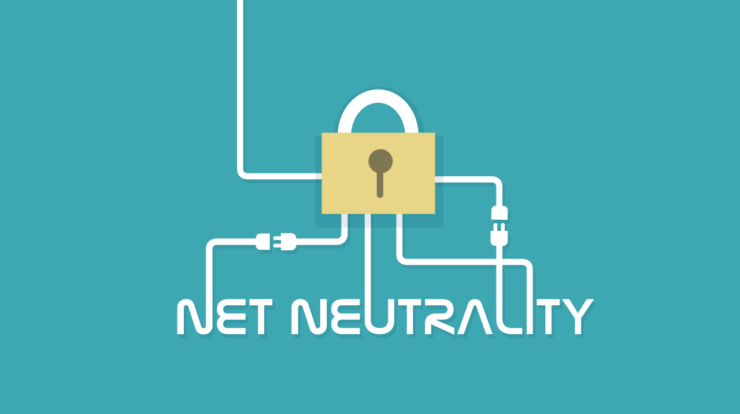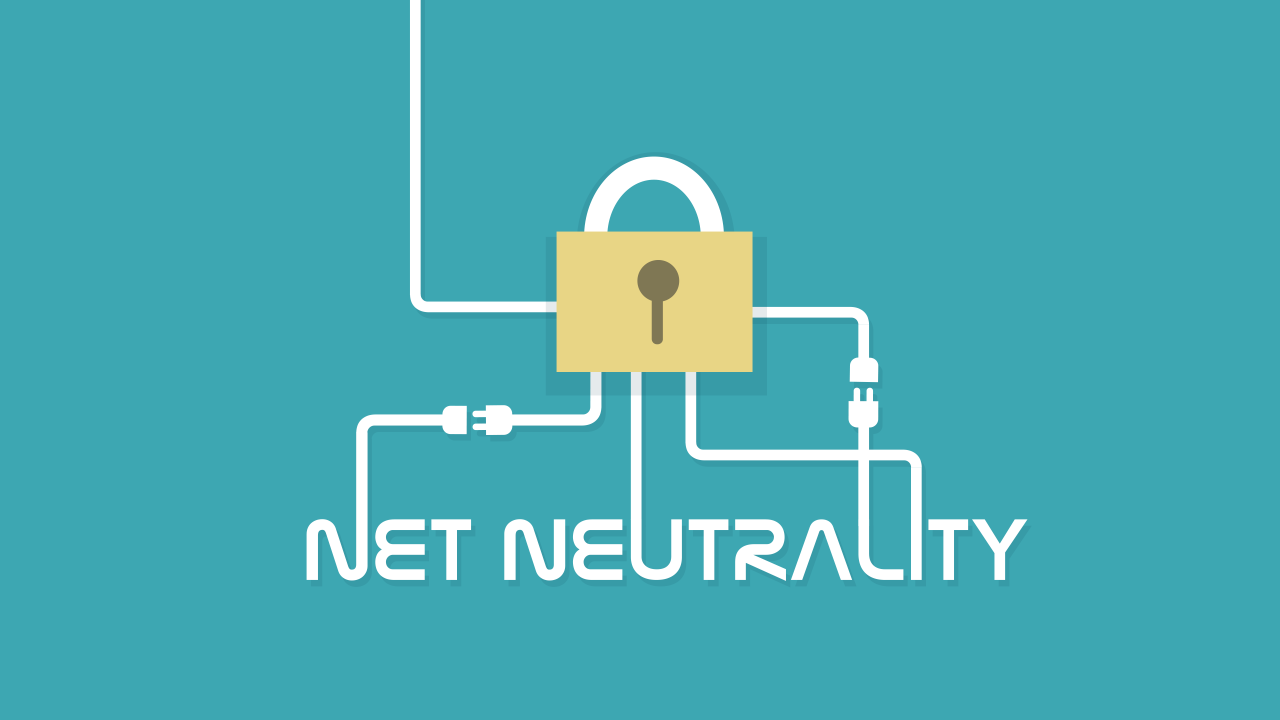
Net neutrality definition – Net neutrality, a fundamental principle of the internet, ensures that all internet traffic is treated equally, regardless of its source, destination, or content. This means that internet service providers (ISPs) cannot block, throttle, or discriminate against any particular website, platform, or application.
The concept of net neutrality has been a subject of intense debate, with advocates arguing that it is essential for preserving the open and competitive nature of the internet. Without net neutrality, ISPs could potentially create a tiered system, where certain websites and services are given priority over others.
Net Neutrality Definition
Net neutrality is the principle that all internet traffic should be treated equally, regardless of its source, destination, or content. This means that internet service providers (ISPs) cannot block, throttle, or prioritize certain types of traffic over others.
The key principles of net neutrality are:
- All internet traffic is equal.
- ISPs cannot discriminate against certain types of traffic.
- ISPs must be transparent about their network management practices.
The objectives of net neutrality are to:
- Promote innovation and competition.
- Protect consumers from unfair practices.
- Ensure that the internet remains an open and accessible platform.
History of Net Neutrality
The concept of net neutrality has been around since the early days of the internet. However, it was not until the late 2000s that it became a major issue of public debate.
In 2005, the Federal Communications Commission (FCC) adopted a set of net neutrality rules. These rules were overturned in 2017, but they were reinstated in 2018.
The history of net neutrality is a complex and ongoing one. However, the key events and milestones are as follows:
- 1998: The FCC adopts the “Open Internet Order,” which prohibits ISPs from blocking or discriminating against certain types of traffic.
- 2005: The FCC adopts a set of net neutrality rules that are more comprehensive than the 1998 order.
- 2010: The FCC reclassifies broadband internet as a telecommunications service, which gives it more authority to regulate ISPs.
- 2015: The FCC adopts a set of net neutrality rules that are even more stringent than the 2005 rules.
- 2017: The FCC repeals the 2015 net neutrality rules.
- 2018: The FCC reinstates the 2015 net neutrality rules.
Benefits of Net Neutrality, Net neutrality definition
Net neutrality has a number of benefits for consumers, businesses, and society as a whole.
For consumers, net neutrality means:
- They can access the internet without fear of being blocked or throttled.
- They can choose the internet services that best meet their needs.
- They can be confident that the internet will remain an open and accessible platform.
For businesses, net neutrality means:
- They can compete on a level playing field.
- They can innovate without fear of being discriminated against.
- They can reach their customers without having to pay extra fees.
For society as a whole, net neutrality means:
- The internet remains an engine of economic growth.
- The internet remains a platform for free speech and expression.
- The internet remains a tool for education and innovation.
Ending Remarks

The future of net neutrality remains uncertain, with ongoing debates and challenges. However, the principle of equal access to the internet is crucial for ensuring that the internet remains a platform for innovation, economic growth, and free expression.
User Queries: Net Neutrality Definition
What is the main goal of net neutrality?
The main goal of net neutrality is to ensure that all internet traffic is treated equally, regardless of its source, destination, or content.
How does net neutrality benefit consumers?
Net neutrality benefits consumers by providing them with equal access to all websites and services, regardless of their ability to pay.
What are the challenges to net neutrality?
Net neutrality faces challenges from internet service providers (ISPs), who have an incentive to create a tiered system where certain websites and services are given priority over others.





